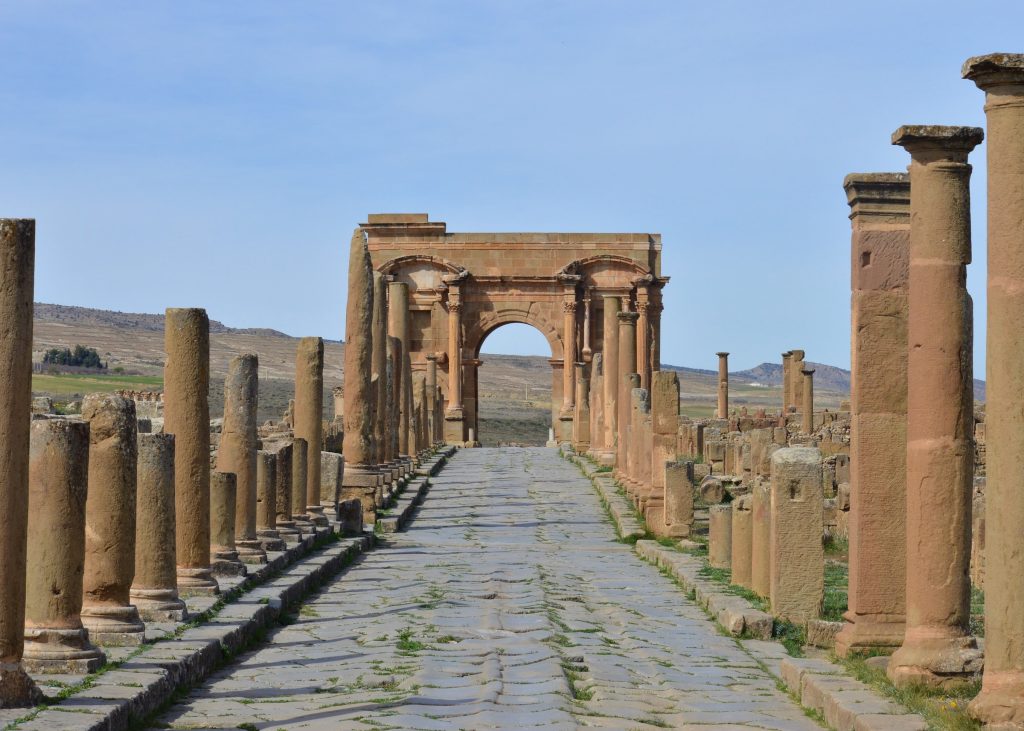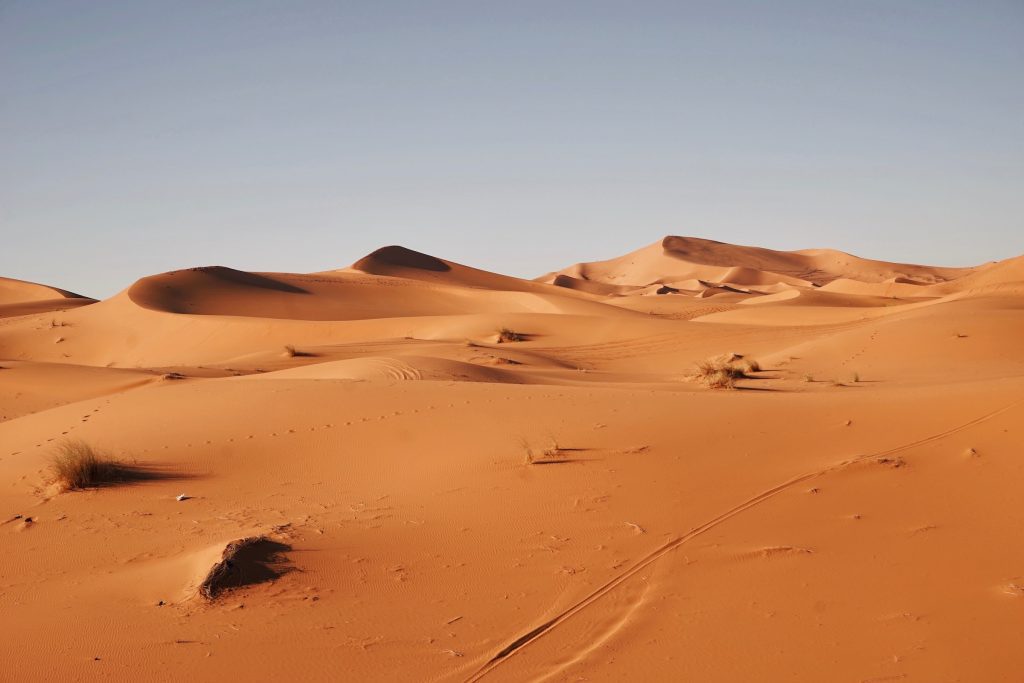Exploring Algeria: 3 Intriguing Aspects About The Country
Algeria, the largest country in Africa and the tenth-largest in the world, is a fascinating nation with a rich history and diverse culture. Here are three interesting facts about Algeria.

Ancient Roman Ruins
Algeria is home to some of the most well-preserved Roman ruins outside of Italy. Timgad, an awe-inspiring UNESCO World Heritage site, stands as a remarkable testament to the ancient city’s historical significance. Founded by Emperor Trajan in AD 100, Timgad was a flourishing Roman city known for its well-planned grid system, impressive arches, and intricate mosaics.
The ruins provide a glimpse into the daily life and architecture of the Roman Empire, showcasing the cultural influence that extended across North Africa.
Sahara Desert
The vast expanse of the Sahara Desert covers a significant portion of Algeria’s territory, making it an intriguing destination for adventurers and nature enthusiasts. The Tassili n’Ajjer National Park, another UNESCO World Heritage site, is located in the Algerian section of the Sahara.
It is renowned for its stunning rock art, depicting scenes of prehistoric life, and unique geological formations. The desert also holds the Ahaggar Mountains, which feature breathtaking landscapes, including the highest peak in Algeria, Mount Tahat.

Cultural Heritage
Algeria boasts a vibrant and diverse cultural heritage influenced by various civilizations throughout its history. Renowned for its cultural fusion, the nation is recognized for the harmonious blend of Berber, Arab, and French influences that permeate its society. Traditional Algerian music, such as Raï and Kabyle music, showcases the country’s distinct musical traditions.
Algerian cuisine is also renowned, with dishes like couscous, tajine, and mechoui gaining popularity worldwide. Additionally, Algerian literature has produced notable figures like Kateb Yacine and Assia Djebar, who have made significant contributions to the global literary scene.
